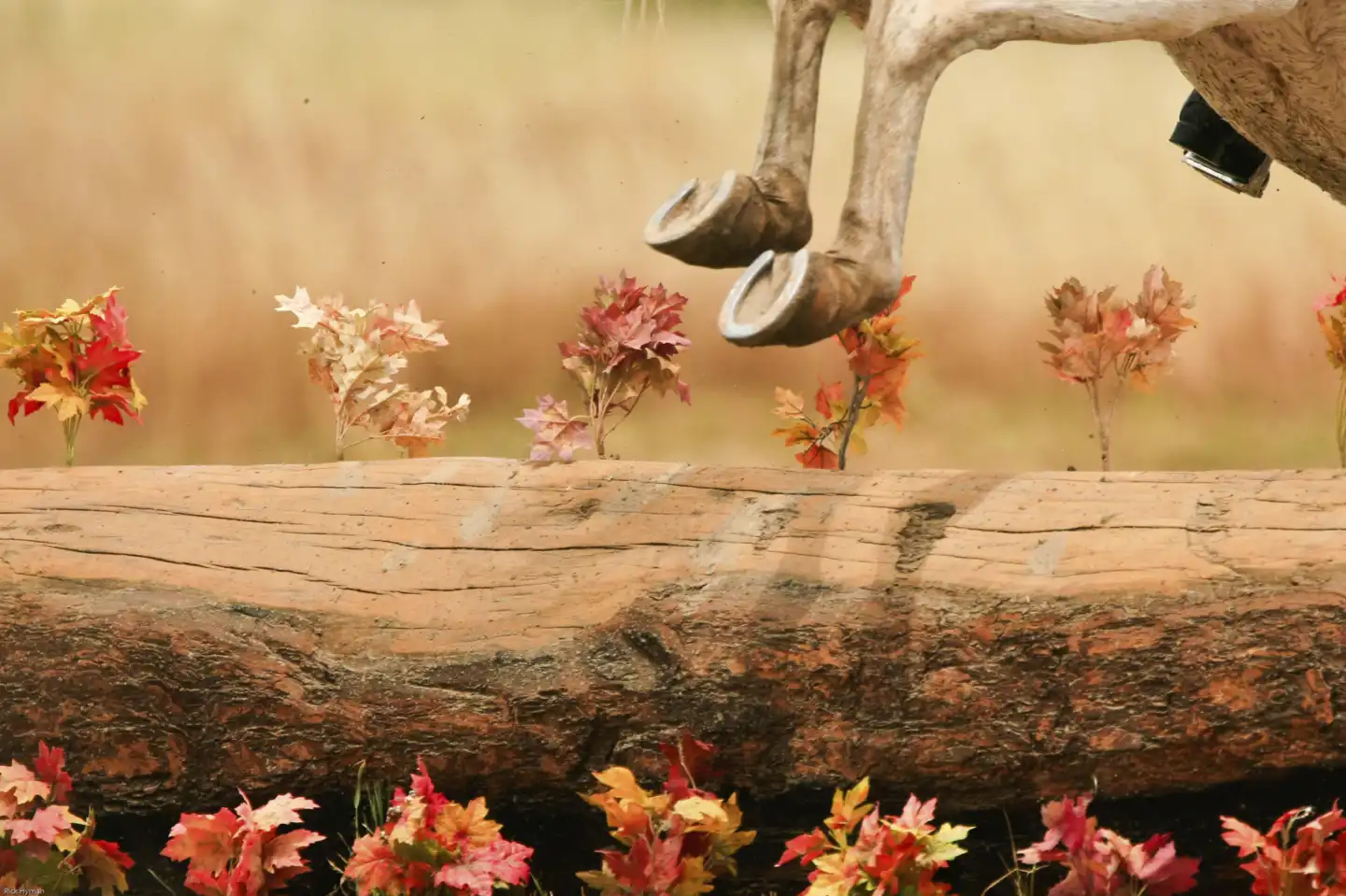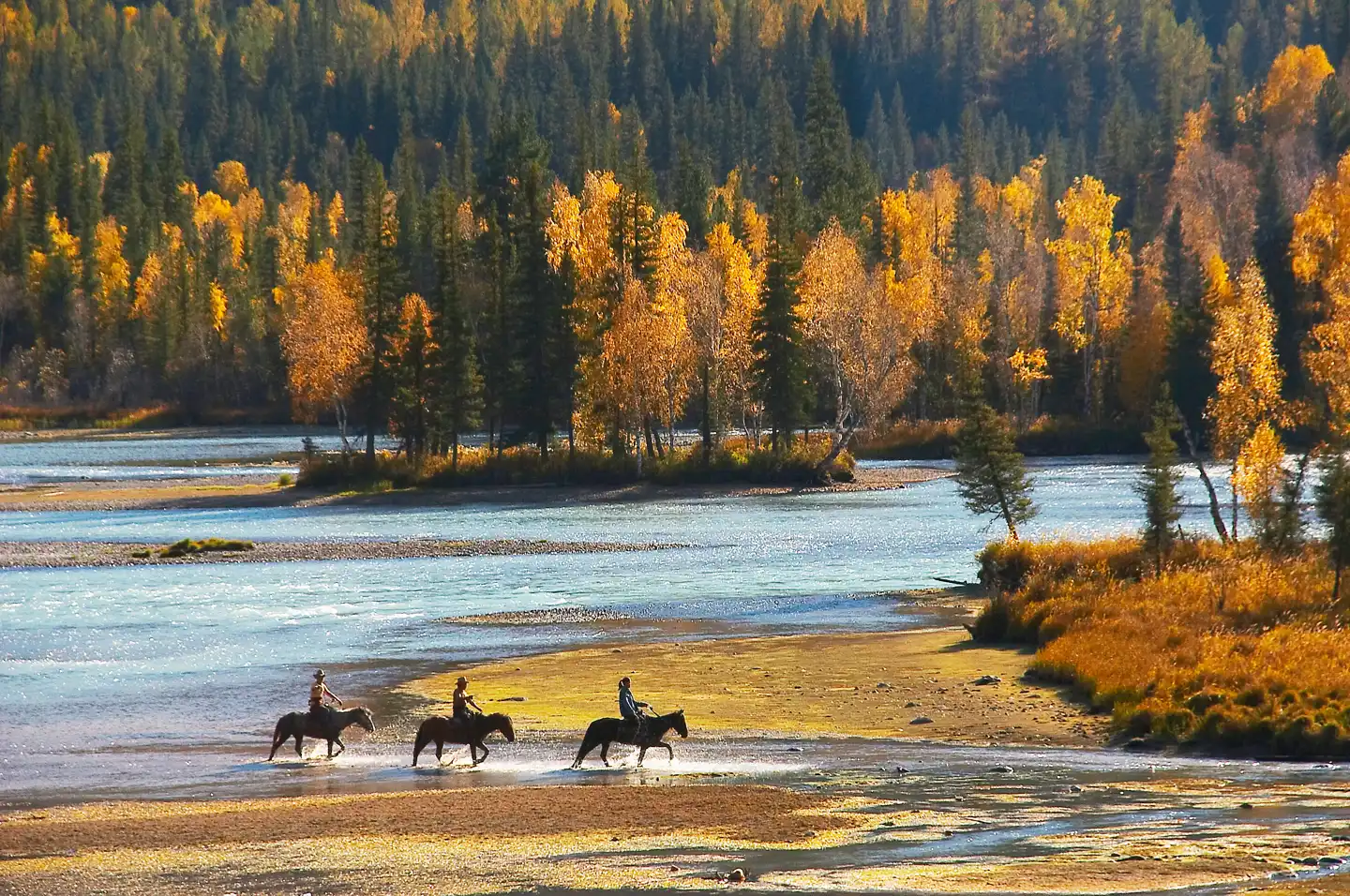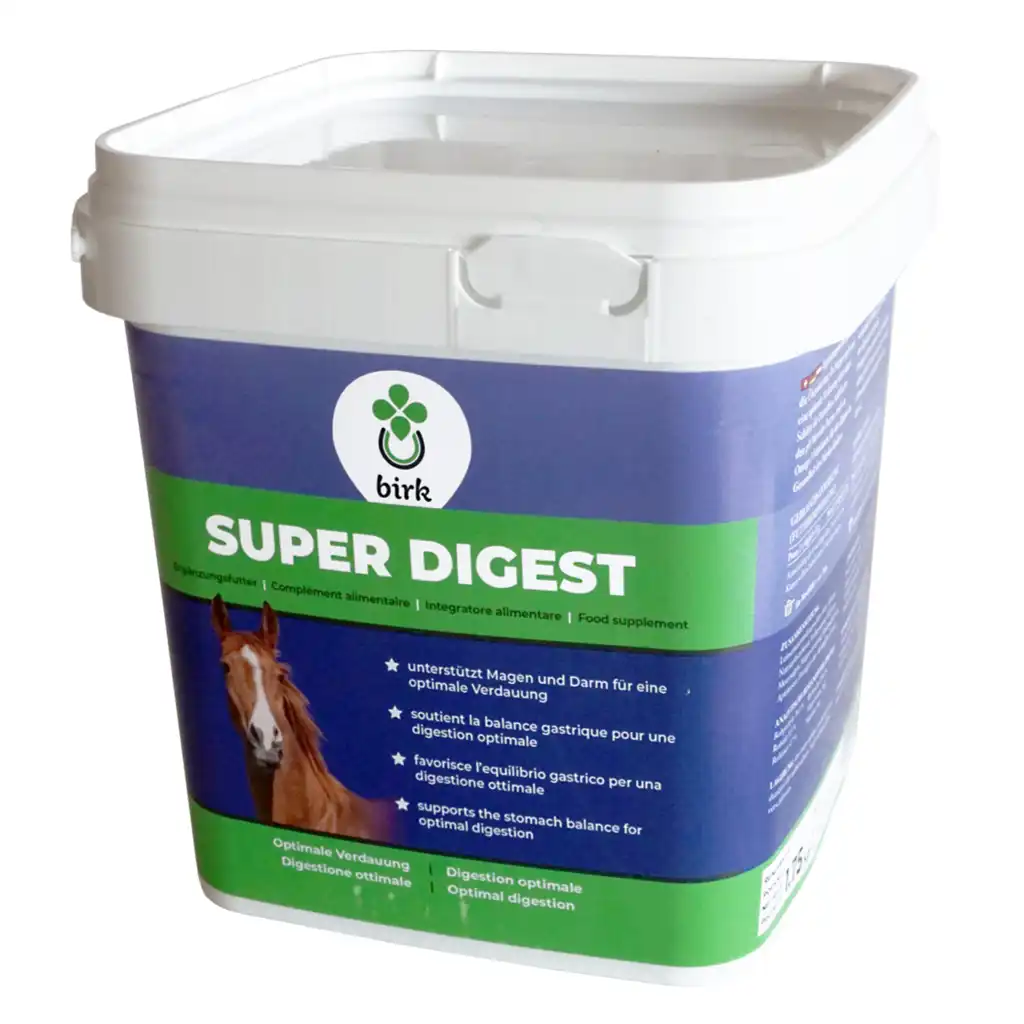
Acorn Poisoning in Horses: Symptoms, Treatment, and Prevention
Autumn brings picturesque landscapes and fallen acorns across pastures—but this idyllic scene can hide a serious danger for horses. Acorn poisoning is increasingly recognized as a risk, particularly during “heavy acorn years” when the ground is littered with these nuts. The toxic compounds in acorns can damage the digestive tract, liver, and kidneys. Understanding the symptoms, knowing the correct treatment, and taking preventive measures are essential to keep horses safe during the fall season.
Recognizing the Signs of Acorn Poisoning
Horses that have eaten toxic amounts of acorns may suddenly become quiet, depressed, and lose interest in feed. Soon after, they often develop diarrhea, which can be watery or contain blood. Some owners first think their horse has colic, but horses with acorn poisoning usually don’t respond to normal pain relief. In severe cases, the horse can become very sick and may die if not treated quickly.
Treatment: Acting Quickly Saves Lives
Early veterinary attention is critical. Horses that receive intensive treatment—including fluids given through a drip (IV fluids), plasma, and medication to support the gut and prevent infection—can recover. However, once the kidneys or liver are badly damaged, the outlook is poor.
Why Some Years Are Riskier Than Others
Oak trees don’t produce the same number of acorns every year. In some “heavy acorn years,” the ground may be covered, making it easy for horses to eat large amounts. More cases of poisoning are usually seen in these years.For example, in southern England, a group that monitors around 3,000 semi-wild ponies reported that 69 ponies died from acorn poisoning in 2013, compared to an average of 17 per year in previous years.
Preventing Acorn Poisoning in Horses
Not every horse that eats acorns will become sick—some seem more sensitive than others—but it’s impossible to know which ones are at risk or how many acorns are “too many.” The safest approach is to:
- Fence off areas under oak trees during autumn.
- Provide plenty of hay or other feed, so horses aren’t tempted to eat acorns out of hunger or boredom.
- Remove fallen acorns if possible, especially in high-risk years.
- Watch for early signs of illness and call your vet right away if you suspect acorn poisoning.
With good management and early action, acorn poisoning can often be prevented or treated before it becomes fatal.
Conclusion: Vigilance and Early Action Protect Your Horse
Acorn poisoning is a serious but largely preventable threat to horses. Since it is impossible to predict which horses are sensitive or how many acorns are harmful, vigilance is key. Regular pasture management, adequate feeding, and prompt veterinary care at the first signs of illness can save lives. By taking these precautions, horse owners can ensure a safe and healthy autumn for their animals.
We recommend these products:



